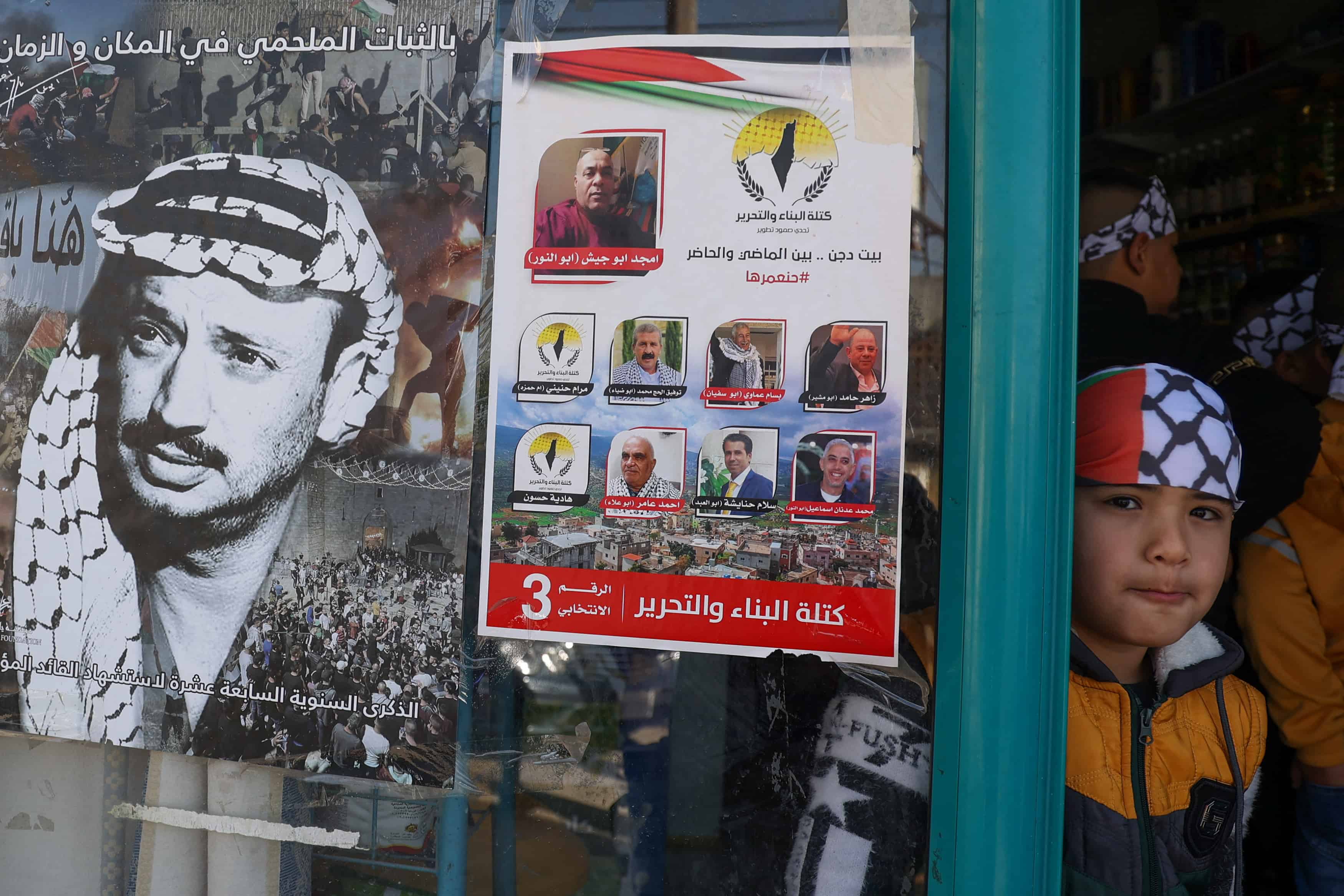The Yasser Arafat Museum said Tuesday it had removed artwork depicting the iconic Palestinian leader that exaggerated his facial features, after accusations they were insulting to the late president.
The 35-piece exhibit at the museum in Ramallah, in the Israeli-occupied West Bank, faced immediate backlash after it was installed on Sunday.
Shehab News Agency published a picture of the caricatures showing a smiling Arafat in his trademark keffiyeh headdress with his nose and mouth oversized and slightly distorted.
Supporters of Arafat, who died in 2004, took to Twitter posting photographs with the caption: “This is the icon we know”.
Activists from Fatah, the Palestinian movement Arafat founded, demanded an investigation into how the images came to be displayed.
In a statement, the museum insisted the images were merely artistic impressions of a revered Palestinian leader.
“The displayed drawings, while some of them are somewhat controversial, represent the viewpoint of their makers regarding their support for the Palestinian cause and the late president Yasser Arafat,” the statement issued late Monday said.
A museum spokesperson confirmed Tuesday that pieces had been taken down.
Palestinian leaders have denounced the exhibit.
In a Facebook post, a former culture minister at the Palestinian Authority, Ihab Bseiso, who sits on the board of the Yasser Arafat Foundation that runs the museum called the display “absurd”.
The foundation established in 2007 was for years led by Arafat’s nephew Nasser al-Kidwa.
Kidwa was sacked from the organization last year amid a bitter fallout with Fatah after he announced plans to back a list of rival candidates in scheduled Palestinian elections, polls that were ultimately cancelled.
In social media posts this week, Kidwa charged that his uncle’s legacy was under assault by those now running the museum.
“We previously said that the Yasser Arafat Foundation, and the museum had been hijacked and confiscated by force from the authorities responsible in complete violation of the foundation’s laws and regulations,” he said.
“Yasser Arafat’s legacy and biography, unfortunately, are not safe,” he said.








